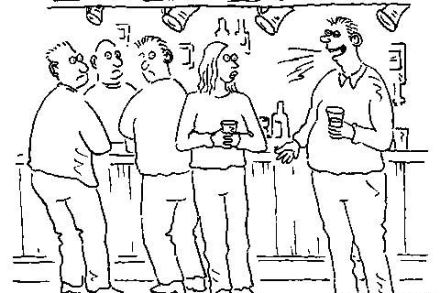The long and short
It’s such an important book, the first great psychological novel, yet few people can with honesty claim to have read it, and even fewer to have read it all the way through, past the violent rape scene that takes place halfway through volume five. It’s such an important book, the first great psychological novel, yet few people can with honesty claim to have read it, and even fewer to have read it all the way through, past the violent rape scene that takes place halfway through volume five. Clarissa; or the history of a young lady is Samuel Richardson’s most prolix novel (at just about a million words, and eight










